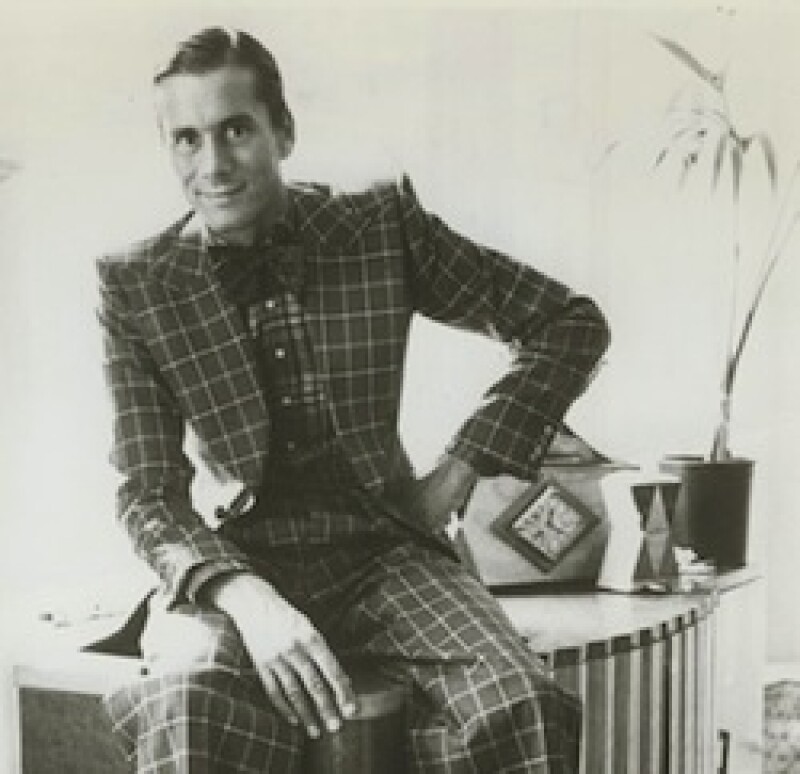Ever since the end of 2012, qualified UK patent and trade mark attorneys have been able to represent their clients in appeals of IPO decisions at the High Court. They could appear in the High Court previously, but had to instruct a barrister.

Aaron Wood of Swindell & Pearson was the first person to do so, in a May revocation case over the trade mark Tommy Nutter. The name of the 1960s Savile Row tailor (right) had been registered as a mark in 2000, but was successfully revoked for non-use. Wood represented the applicant at the IPO and did so again on appeal.
Fear and money, as per usual
The reason was largely financial. The client, Nutters (Holdings), knew which barrister the other side had instructed, and was looking around for someone of a similar level. In the end, it went with Wood – he was 80% cheaper.
So why was he the first? Fear, most probably. This is a largely untested route for an attorney (and client) and there's a big risk that if case is lost, the blame will fall on whoever made the decision not to employ a barrister.
There have been signs that this was coming. Another trade mark attorney, Ian Bartlett at Beck Greener, had appeared in the High Court on appeal from the IPO, though he was an ex-barrister and therefore qualified to do so before the new rights came in (along with 30 others).
Attorneys have also gained experience representing clients in the Patents County Court, now the IPEC, since that UK small-claims court was reformed and became an increasingly popular venue. Last year Managing IP listed all the cases so far, showing Withers & Rogers attorneys to have taken on the most cases.
So should solicitors, and barristers, be worried? Perhaps – particularly mid-size firms, or those with cash-strapped clients. If the case seems relatively simple and the attorney that filed the IP right has experience with advocacy, it will be tempting to stick with them at the next level. The advent of the Unified Patent Court, which will be more paper-based, might also favour attorneys.
Evolution, not revolution
But firms have been dealing with this evolution of the industry for a while. Attorneys such as Marks & Clerk, Harrison Goddard Foote and D Young all have solicitors – the latter as part of the same firm under the Legal Services Act. And law firms have been adding their own trade mark filing practices.

The most interesting thing may be how many attorneys take the next step and become full advocates.
As well as granting certain rights to UK attorneys, the changes in December 2012 enabled them to qualify for two further levels. At the first, they will be able to bring proceedings in the High Court, even when the case is not on appeal from the IPO (taking the role of the solicitor). And at the second, they will be able to advocate on behalf of their client, replacing the barrister.
Both require separate courses or assessments. Wood (right) is planning on doing the first level next year, and several patent attorneys already have the second, advocacy level.
Few attorneys use their existing rights at all, even at the IPO. But as more of that group qualify for higher levels, take on cases, and gain confidence from seeing others do so, they will begin to blur the traditional distinction between professions in the UK.









